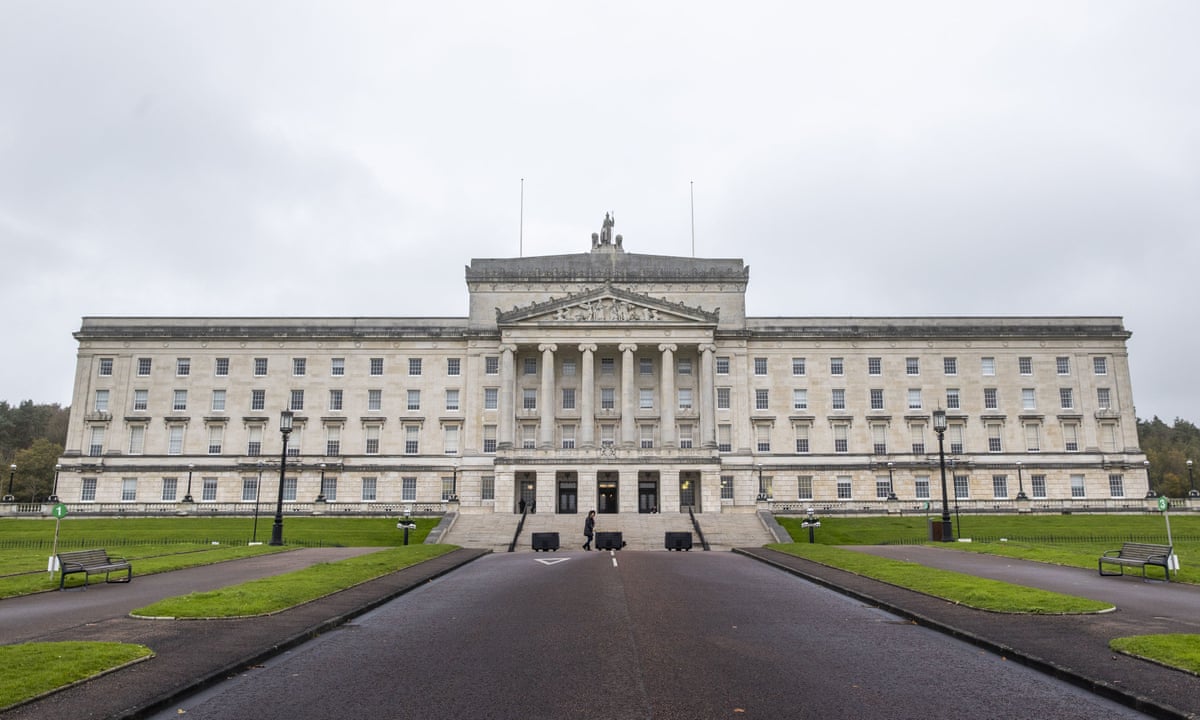The Enduring Power of Business Cards: A Timeless Tool in the Digital Age
In an era dominated by digital communication and networking platforms, the humble business card might seem like a relic of the past. However, despite the proliferation of smartphones and social media, business cards continue to hold a significant place in the world of professional networking and marketing. Far from being obsolete, they remain a powerful tool for making connections and leaving a lasting impression in the business world.
First Impressions Matter
One of the most important aspects of any business interaction is the first impression. A well-designed business card can instantly convey professionalism, creativity, and attention to detail. Unlike exchanging contact information digitally, handing someone a physical card creates a tangible connection that engages multiple senses. The weight of the card, the texture of the paper, and the design elements all contribute to shaping the recipient’s perception of the person and the company they represent.
Networking in the Real World
While digital networking platforms like LinkedIn have become ubiquitous, they lack the personal touch of face-to-face interactions. In networking events, conferences, or chance encounters, exchanging business cards remains a quick and efficient way to establish a connection. It allows individuals to share contact information without the need for typing emails or searching for profiles online, making the process smoother and more memorable.
Cultural Significance
Business cards also carry cultural significance in many parts of the world, particularly in East Asian countries like Japan and China. In these cultures, the exchange of business cards is a formal ritual that reflects respect and establishes hierarchy within a business relationship. The manner in which a person presents and receives a card speaks volumes about their etiquette and professionalism, making it an essential aspect of doing business in these regions decorandooquarto.com/.
Marketing and Branding
Beyond serving as a means of contact exchange, business cards are also potent marketing tools. A well-designed card can effectively showcase a company’s brand identity, including its logo, colors, and key messaging. By incorporating elements of design that align with the company’s brand, business cards reinforce brand recognition and leave a lasting impression on recipients. Additionally, including QR codes or NFC technology on business cards enables recipients to access additional information about the company or its products/services easily.
Adaptation in the Digital Age
While the essence of business cards remains unchanged, they have adapted to the digital age to remain relevant. Many professionals now include their social media handles or website URLs on their cards, encouraging recipients to connect with them online as well. Some even use augmented reality (AR) technology to create interactive business cards that showcase multimedia content when viewed through a smartphone.
Environmental Considerations
Despite their numerous benefits, business cards have faced criticism for their environmental impact. The production of paper cards contributes to deforestation and waste generation, prompting many individuals and companies to explore more sustainable alternatives. Recycled paper, soy-based inks, and digital business cards are some of the eco-friendly options that mitigate the environmental footprint of traditional paper cards.
Conclusion
In conclusion, while digital communication continues to reshape the way we connect and do business, the significance of business cards persists. As a tangible symbol of professionalism, networking, and branding, they remain an indispensable tool in the arsenal of professionals worldwide. By embracing innovation while honoring tradition, business cards will continue to play a vital role in facilitating meaningful connections and driving business success in the ever-evolving landscape of the digital age.










